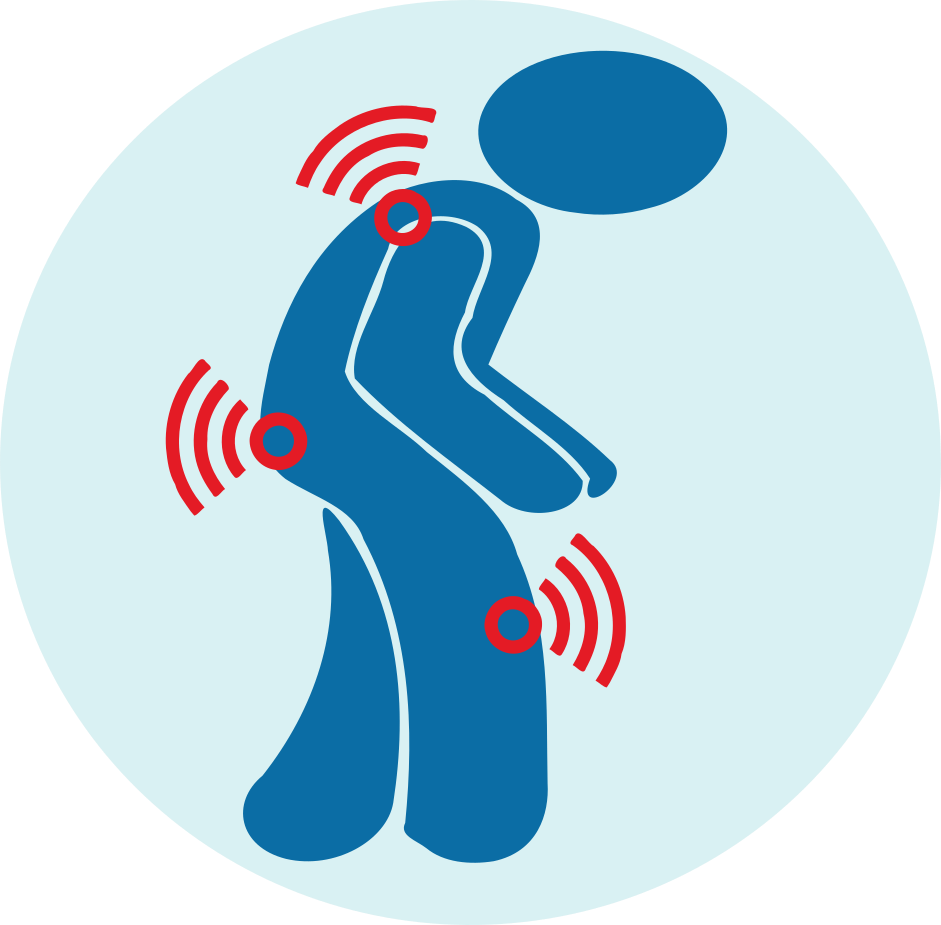| Name | Amantadine Hydrochloride |
| Classes |
Antiinfective Agent Antiviral Agent Central Nervous System Agent Anti-Parkinson Agent |
| Diseases |
Bradykinesia Influenza Rigidity Tremor (Shaking) |
Amantadine Hydrochloride
Amantadine Hydrochloride is a prescription medication classified as an antiviral and an antiparkinsonian agent. Its precise mechanism of action is not fully understood, but it is thought to involve multiple effects on various neurotransmitter systems. Amantadine has antiviral activity against influenza A viruses and may exert its antiparkinsonian effects by increasing dopamine release and blocking dopamine reuptake.
Amantadine Hydrochloride is indicated for the following:
- Prophylaxis and treatment of uncomplicated respiratory tract illness caused by influenza A virus strains
- Symptomatic treatment of Parkinson's disease and Parkinsonism syndromes, including drug-induced extrapyramidal reactions
The dosage and administration of Amantadine Hydrochloride may vary depending on the specific indication and individual patient response. The recommended adult dosage for influenza prophylaxis is usually 100 mg once daily or 200 mg once weekly during influenza season. For the treatment of Parkinson's disease or Parkinsonism, the initial adult dosage is typically 100 mg twice daily, which can be gradually increased based on response and tolerability. It is important to follow the prescribed dosage and the instructions provided by the healthcare professional.
Common side effects associated with Amantadine Hydrochloride may include:
- Nausea or vomiting
- Dizziness or lightheadedness
- Insomnia or vivid dreams
- Dry mouth
- Constipation
- Blurred vision
- Orthostatic hypotension (low blood pressure upon standing)
Before initiating treatment with Amantadine Hydrochloride, the following precautions and warnings should be considered:
- Renal Impairment: Amantadine is primarily excreted by the kidneys, and its elimination is significantly reduced in patients with renal impairment. Dosage adjustments may be necessary in patients with decreased renal function to prevent drug accumulation and associated adverse effects.
- Psychiatric Effects: Amantadine has been reported to cause psychiatric adverse reactions, including hallucinations, confusion, and agitation. Patients with a history of psychiatric disorders should be closely monitored during treatment. If psychiatric symptoms occur, the medication should be discontinued.
- Dopamine Agonists: Concomitant use of Amantadine with other dopamine agonists, such as levodopa, may increase the risk of excessive dopaminergic stimulation and associated side effects. Close monitoring and dosage adjustments may be necessary when using Amantadine in combination with other dopaminergic medications.
- Driving and Operating Machinery: Amantadine may cause drowsiness, dizziness, or blurred vision, which can impair mental and physical abilities. Patients should exercise caution when driving, operating machinery, or engaging in activities requiring alertness until they know how the medication affects them.
Contraindication
Amantadine Hydrochloride is contraindicated in patients with known hypersensitivity or allergy to Amantadine Hydrochloride or any of its components.
None known.
None known.
 Bangla
Bangla English
English




